Home>Furniture & Design>Living Room Furniture>Is It Safe To Sleep In A Recliner When Pregnant


Living Room Furniture
Is It Safe To Sleep In A Recliner When Pregnant
Modified: April 22, 2024
Discover if it's safe to sleep in a recliner during pregnancy. Learn about living room furniture and design tips for a comfortable and safe sleep environment.
(Many of the links in this article redirect to a specific reviewed product. Your purchase of these products through affiliate links helps to generate commission for Storables.com, at no extra cost. Learn more)
Introduction
Pregnancy is a time of immense joy and anticipation, but it also brings about various physical discomforts, particularly during the later stages. As the baby grows, the expectant mother may experience challenges in finding a comfortable sleeping position. Many women find it difficult to get a good night's sleep due to back pain, heartburn, and other discomforts associated with pregnancy. In such instances, some women consider sleeping in a recliner as an alternative to the traditional bed. This raises the question: Is it safe to sleep in a recliner when pregnant?
The idea of sleeping in a recliner during pregnancy is a topic of interest and concern for many expectant mothers. While it may seem like a viable solution to alleviate discomfort, it's essential to weigh the potential benefits and risks associated with this practice. Understanding the implications of sleeping in a recliner during pregnancy is crucial for making informed decisions that prioritize the well-being of both the mother and the developing baby.
In the following sections, we will explore the potential benefits and risks of sleeping in a recliner during pregnancy, as well as provide practical tips for safe and comfortable recliner use. By gaining a comprehensive understanding of this topic, expectant mothers can make informed choices to promote better sleep and overall well-being during this special time in their lives.
Key Takeaways:
- Sleeping in a recliner during pregnancy can help relieve back pain, acid reflux, and discomfort, but it’s important to consult a healthcare provider and consider potential risks like restricted blood circulation and pelvic pressure.
- To safely sleep in a recliner during pregnancy, choose a supportive recliner, use pillows for added comfort, take regular breaks, and seek professional guidance. Prioritize well-being and safety for a more comfortable experience.
Read more: Can You Sleep In A Recliner When Pregnant
Benefits of Sleeping in a Recliner During Pregnancy
Sleeping in a recliner during pregnancy can offer several potential benefits for expectant mothers. As the body undergoes significant changes to accommodate the growing baby, finding a comfortable and supportive sleeping position becomes increasingly challenging. In such circumstances, a recliner can provide relief from common pregnancy discomforts and contribute to better sleep quality. Here are some of the potential benefits of sleeping in a recliner during pregnancy:
-
Alleviation of Back Pain: Many pregnant women experience back pain, particularly in the later stages of pregnancy. The reclined position of a recliner can help alleviate pressure on the spine and provide support to the lower back, offering relief from discomfort and promoting better sleep.
-
Reduction of Acid Reflux and Heartburn: Acid reflux and heartburn are common complaints during pregnancy, often exacerbated when lying flat. Sleeping in a reclined position can help prevent stomach acid from rising into the esophagus, reducing the frequency and intensity of these symptoms.
-
Improved Circulation: The reclined position of a recliner can aid in improving blood circulation, which is especially beneficial for pregnant women who may experience swelling in the legs and feet. By elevating the legs slightly, a recliner can help reduce fluid retention and promote better circulation throughout the body.
-
Enhanced Breathing: As the uterus expands and the baby grows, some women may experience shortness of breath when lying flat. Sleeping in a recliner allows for a more upright position, which can ease breathing and provide a greater sense of comfort, particularly during the later stages of pregnancy.
-
Customizable Comfort: Recliners often feature adjustable positions, allowing expectant mothers to find the most comfortable angle for sleeping. This customization can be especially beneficial for addressing specific discomforts, such as pelvic pressure or sciatic nerve pain, by adjusting the recliner to a position that provides optimal support and relief.
-
Easier Transitioning: Getting in and out of bed can become challenging as pregnancy progresses. A recliner can offer a more accessible and supportive surface for resting, making it easier for expectant mothers to transition in and out of a comfortable sleeping position.
By considering these potential benefits, expectant mothers can make informed decisions about incorporating a recliner into their sleep routine during pregnancy. It's important to note that individual experiences may vary, and consulting with a healthcare provider is advisable to ensure that sleeping in a recliner aligns with the specific needs and circumstances of the pregnancy.
Risks of Sleeping in a Recliner During Pregnancy
While sleeping in a recliner may offer potential benefits for pregnant women, it's essential to be aware of the potential risks associated with this practice. Understanding the drawbacks can help expectant mothers make informed decisions about their sleep environment and overall well-being. Here are the key risks to consider when contemplating sleeping in a recliner during pregnancy:
-
Restricted Blood Circulation: Prolonged periods of sitting in a reclined position can lead to restricted blood circulation, particularly in the lower extremities. This may contribute to swelling and discomfort, which can be especially concerning for pregnant women who are already prone to edema due to the physiological changes of pregnancy.
-
Pressure on the Pelvic Region: The design of some recliners may exert pressure on the pelvic region when in a reclined position. This pressure can be problematic for pregnant women, potentially exacerbating pelvic pain or discomfort associated with the expanding uterus and the body's preparation for childbirth.
-
Risk of Slouching and Poor Posture: Extended use of a recliner for sleeping may lead to slouching and poor posture, which can strain the back and contribute to discomfort. Maintaining proper spinal alignment is crucial during pregnancy, and prolonged periods of reclined positioning may compromise posture and spinal support.
-
Potential Impact on Fetal Positioning: The reclined position of a recliner may influence the way the baby is positioned in the womb. While occasional use may not significantly impact fetal positioning, prolonged and frequent recliner sleeping may potentially affect the baby's alignment within the uterus, although further research is needed to fully understand the implications.
-
Risk of Restricted Movement: Unlike a traditional bed, a recliner may limit movement during sleep, potentially leading to stiffness and reduced mobility upon waking. This can be particularly challenging for pregnant women who already experience physical limitations due to the changes in their body and the added weight of pregnancy.
-
Increased Risk of Falls: As pregnancy progresses, the center of gravity shifts, and balance may be compromised. Sleeping in a recliner, especially if it does not have adequate support or if the expectant mother has difficulty getting in and out of the reclined position, may pose an increased risk of falls or accidents during the night.
It's important for expectant mothers to weigh these potential risks against the perceived benefits of sleeping in a recliner. Consulting with a healthcare provider can provide personalized insights and guidance based on individual health considerations and the specific circumstances of the pregnancy. By staying informed about the potential drawbacks, expectant mothers can make well-informed decisions to prioritize their comfort and safety during this transformative time.
It is generally safe to sleep in a recliner when pregnant, but it’s best to avoid it if possible. Sleeping on your side in a comfortable bed is the safest position for both you and your baby.
Tips for Safe Sleeping in a Recliner During Pregnancy
Ensuring safe and comfortable sleep in a recliner during pregnancy requires thoughtful consideration and adherence to specific guidelines. By implementing the following tips, expectant mothers can optimize their recliner sleeping experience while prioritizing their well-being and that of their developing baby.
-
Choose a Supportive Recliner: Selecting a recliner with adequate lumbar support and cushioning is essential. The recliner should provide proper back support and promote healthy spinal alignment to minimize discomfort and reduce the risk of poor posture.
-
Opt for Adjustable Positions: Look for a recliner that offers multiple adjustable positions, allowing for customization based on individual comfort needs. The ability to modify the reclined angle can help alleviate pressure points and accommodate changing preferences as the pregnancy progresses.
-
Use Pillows for Support: Supplement the recliner with strategically placed pillows to enhance comfort and support. Placing a pillow behind the lower back and another beneath the knees can help maintain a neutral spine position and alleviate strain on the lower back and hips.
-
Take Regular Breaks: If spending extended periods in the recliner, it's important to take regular breaks to walk and stretch. This can help prevent stiffness and promote healthy circulation, reducing the risk of swelling and discomfort associated with prolonged sitting.
-
Stay Hydrated: Proper hydration is crucial during pregnancy. Keep a water bottle nearby to ensure adequate fluid intake, especially when reclined, as dehydration can exacerbate discomfort and contribute to muscle cramps.
-
Monitor Body Positioning: Be mindful of body positioning while in the recliner. Avoid slouching or leaning to one side for extended periods, as this can strain the back and lead to discomfort. Maintaining a balanced and well-supported posture is key.
-
Seek Professional Guidance: Consult with a healthcare provider to discuss the suitability of sleeping in a recliner based on individual health considerations. Healthcare professionals can offer personalized advice and address any specific concerns related to the pregnancy.
-
Practice Safe Transitions: When transitioning in and out of the recliner, use caution to prevent falls or accidents. Ensure that the recliner is stable and that there are no obstacles in the surrounding area to minimize the risk of tripping or losing balance.
By incorporating these tips into their recliner sleeping routine, expectant mothers can create a safer and more comfortable environment for rest. It's important to prioritize both physical support and overall well-being, and these guidelines can contribute to a more positive and restful experience during the unique journey of pregnancy.
Conclusion
In conclusion, the decision to sleep in a recliner during pregnancy is a personal choice that should be approached with careful consideration of the potential benefits and risks. While a recliner may offer relief from common pregnancy discomforts such as back pain, acid reflux, and difficulty breathing, it's essential for expectant mothers to be mindful of the potential drawbacks associated with prolonged recliner use. The decision should be based on individual comfort, health considerations, and the guidance of a healthcare provider.
By weighing the benefits and risks, expectant mothers can make informed choices that prioritize their well-being and that of their developing baby. It's important to recognize that every pregnancy is unique, and what works well for one expectant mother may not be suitable for another. Therefore, seeking personalized advice from a healthcare professional is crucial in determining the suitability of sleeping in a recliner based on individual health circumstances.
Additionally, implementing safe sleeping practices in a recliner, such as choosing a supportive recliner, using pillows for added comfort, and taking regular breaks, can contribute to a more comfortable and restful experience. These proactive measures can help mitigate potential risks and enhance the overall safety and comfort of recliner sleeping during pregnancy.
Ultimately, the well-being of both the expectant mother and the developing baby should remain at the forefront of any decision regarding sleep practices during pregnancy. By staying informed, seeking professional guidance, and prioritizing comfort and safety, expectant mothers can navigate the challenges of finding a comfortable sleeping position during pregnancy with greater confidence and peace of mind.
As the journey of pregnancy unfolds, embracing a holistic approach to sleep, well-being, and self-care can contribute to a more positive and nurturing experience for expectant mothers. By considering the potential benefits, risks, and safe sleeping practices associated with recliner use during pregnancy, expectant mothers can make empowered choices that support their overall comfort and well-being during this transformative time in their lives.
Frequently Asked Questions about Is It Safe To Sleep In A Recliner When Pregnant
Was this page helpful?
At Storables.com, we guarantee accurate and reliable information. Our content, validated by Expert Board Contributors, is crafted following stringent Editorial Policies. We're committed to providing you with well-researched, expert-backed insights for all your informational needs.
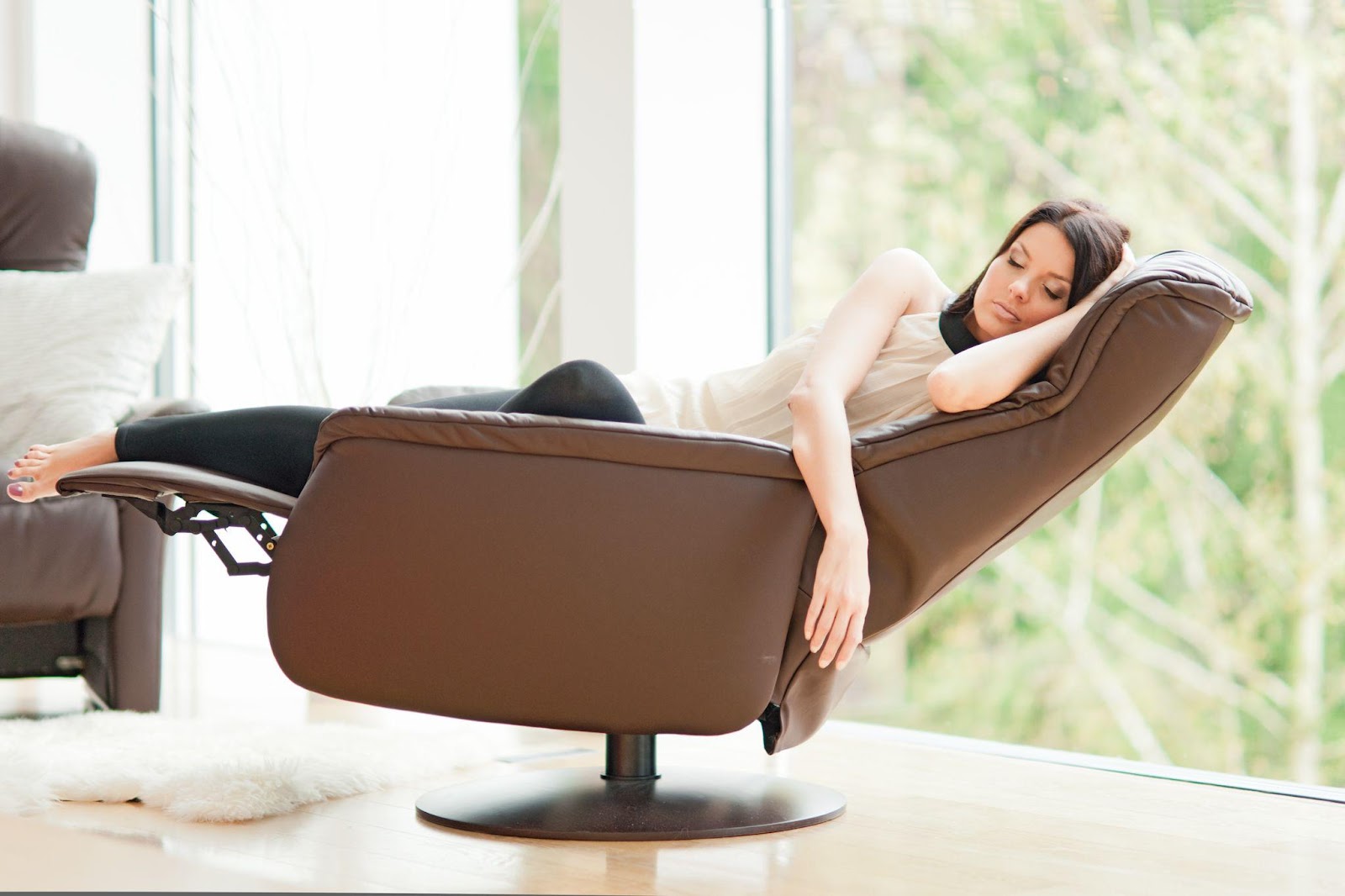

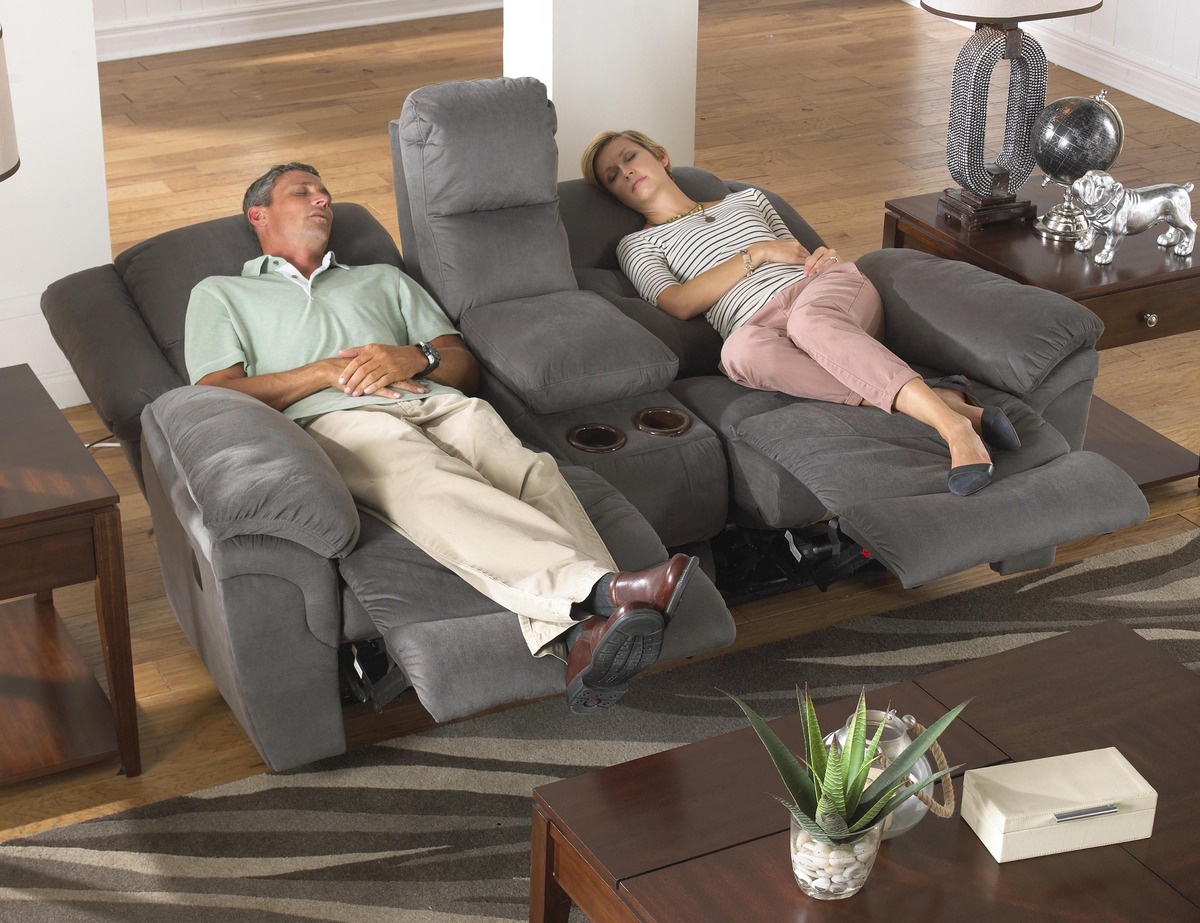


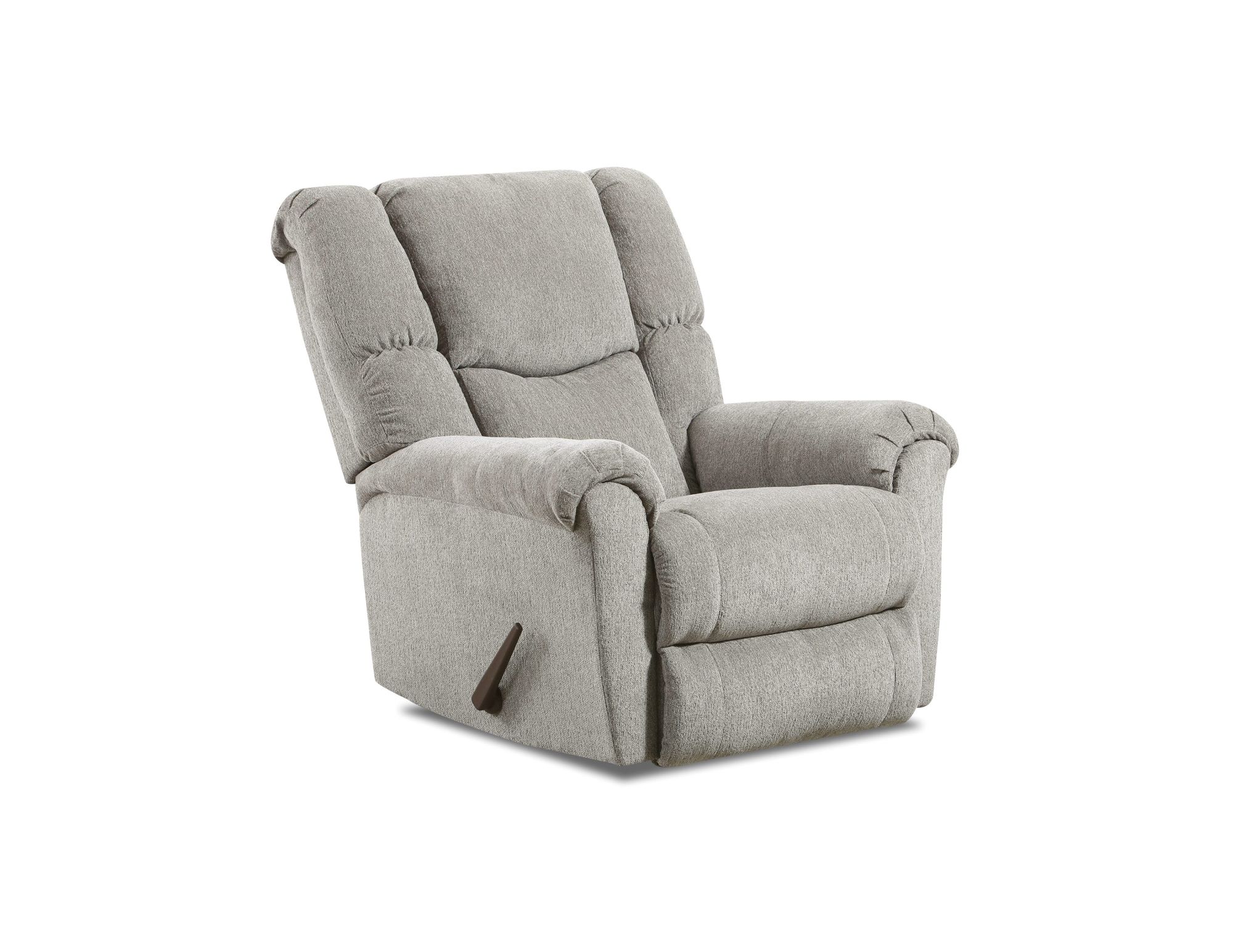
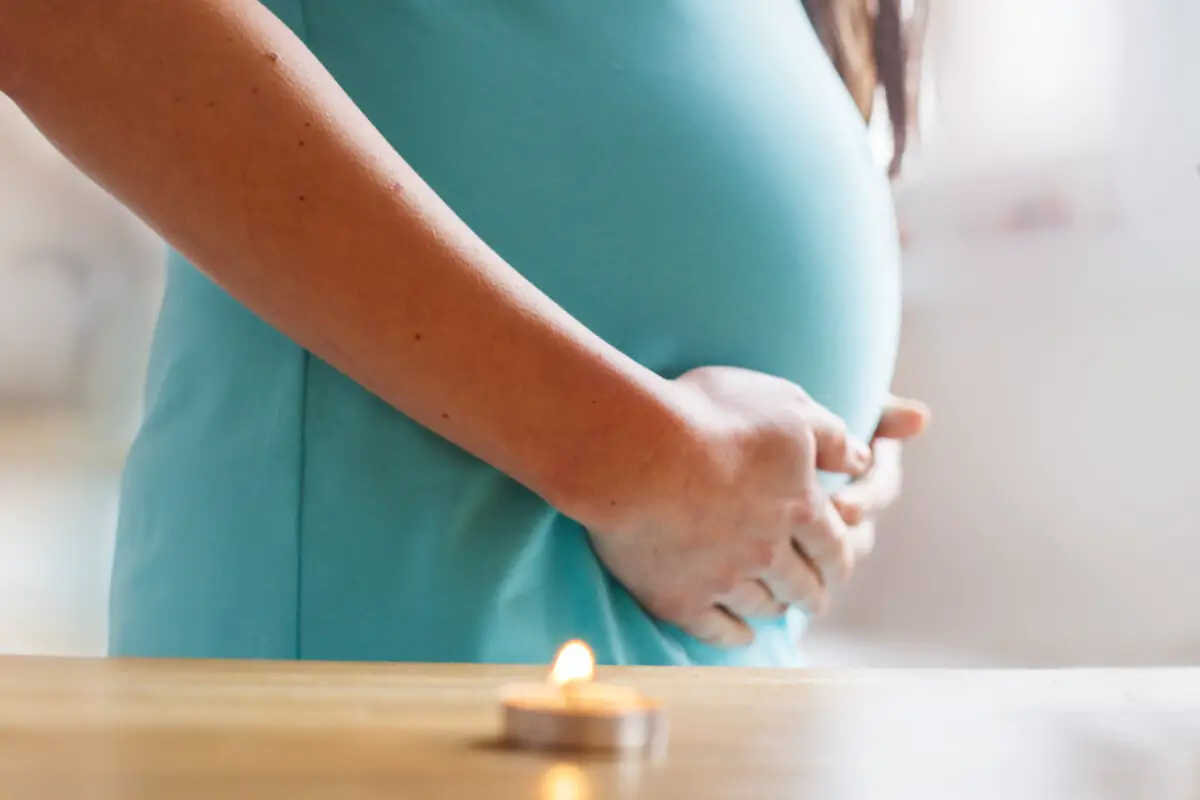
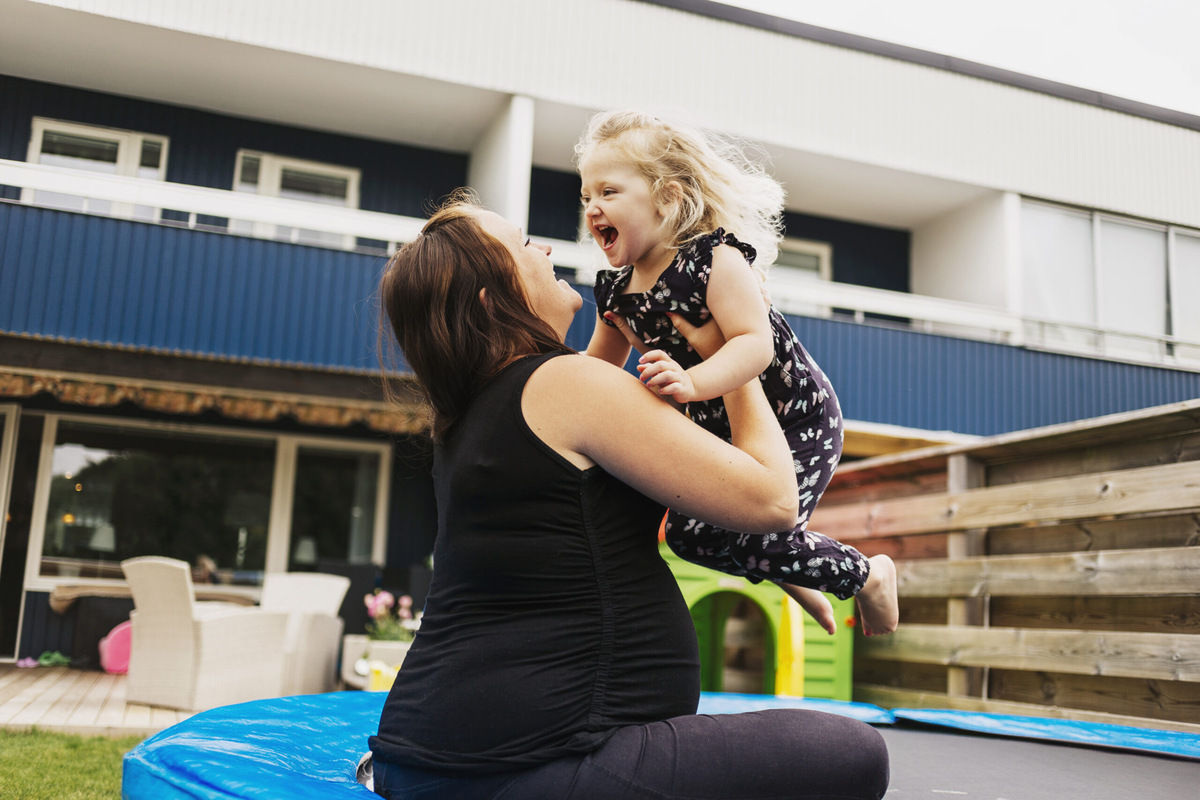


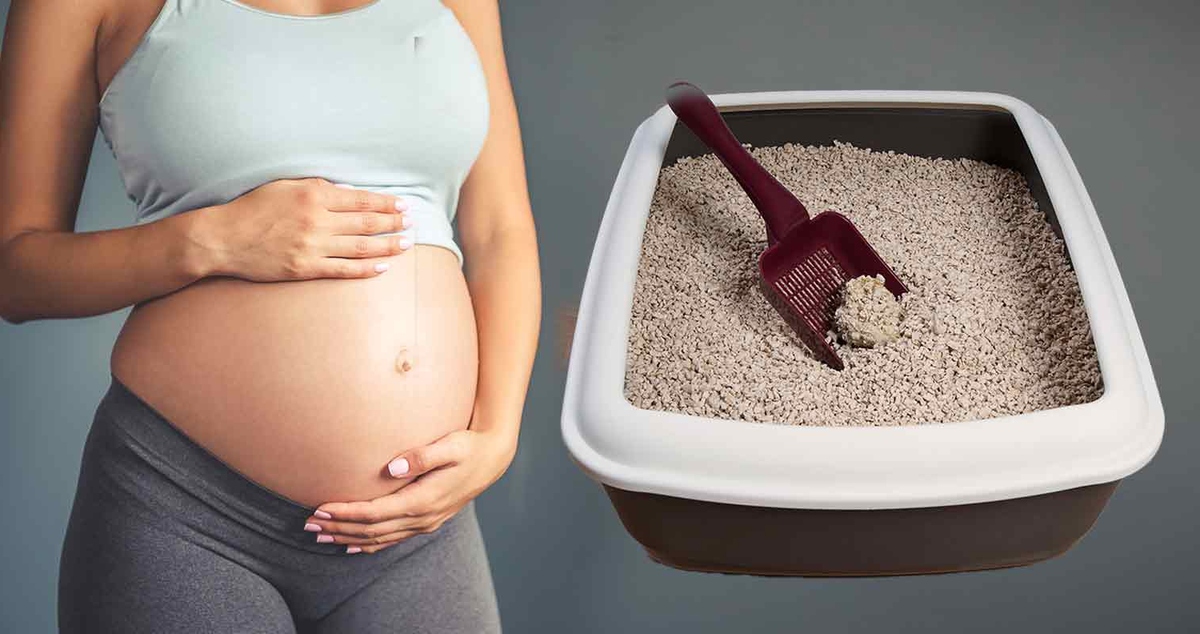





0 thoughts on “Is It Safe To Sleep In A Recliner When Pregnant”